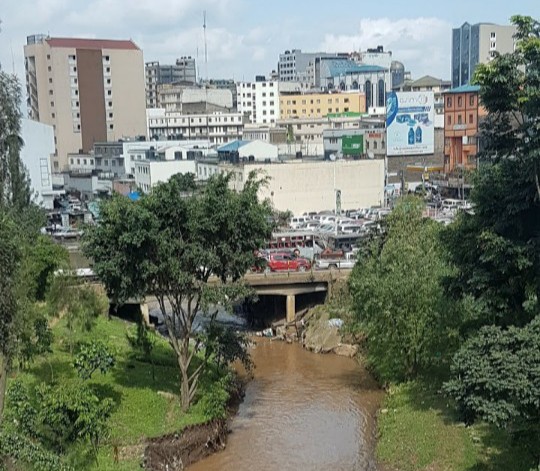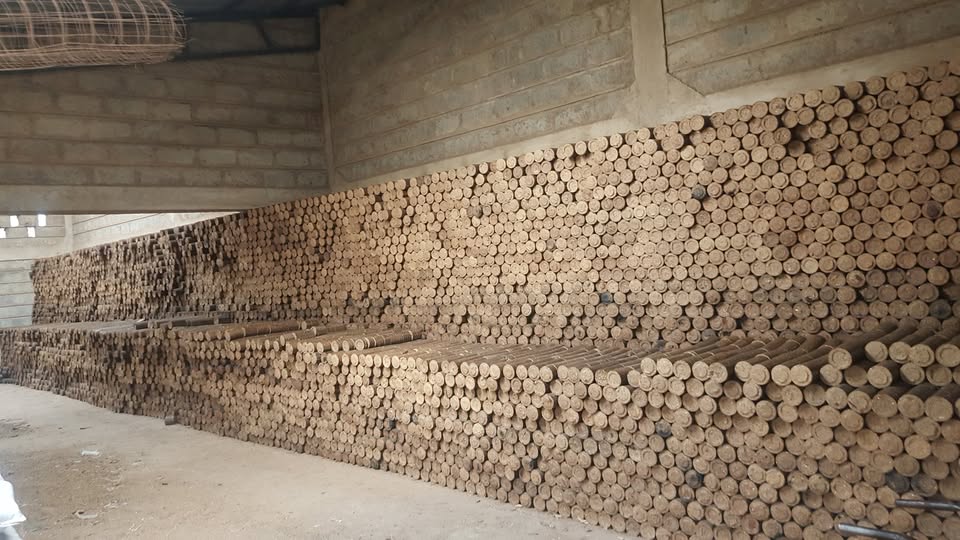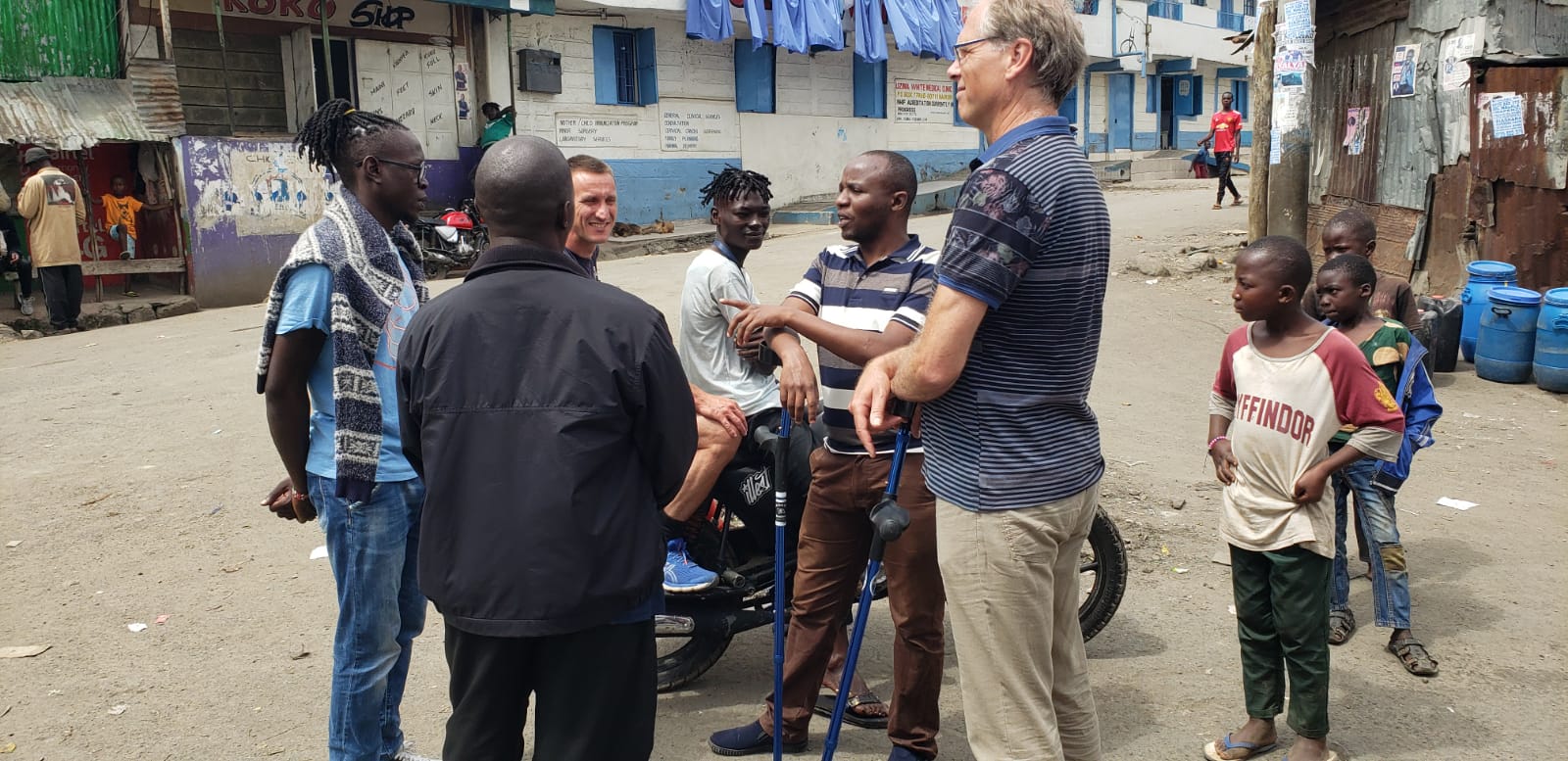project details
Sustainability, Inclusivity and Governance of Mini-grids in Africa
Research Area
Project Status
Completed
Start Date
Feb, 2022
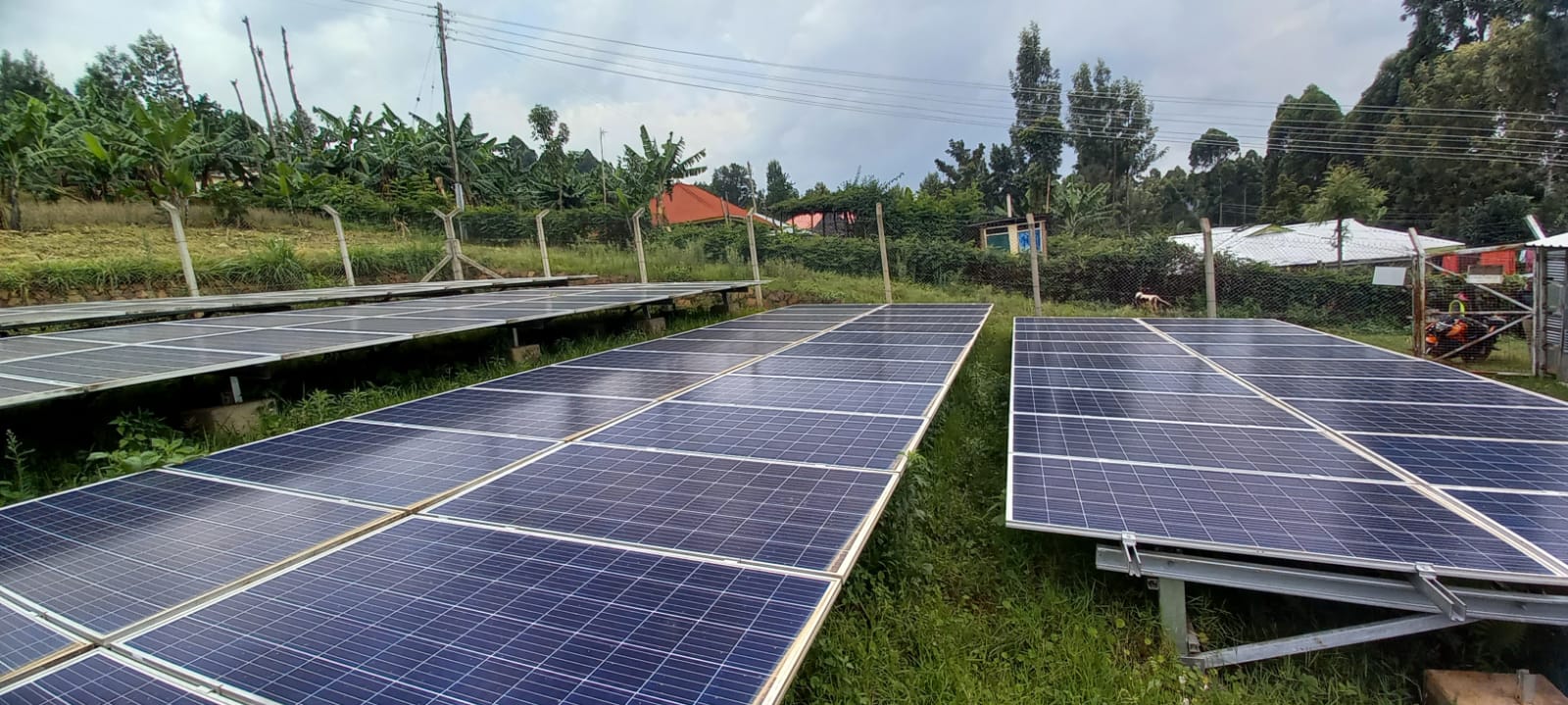
Project Overview
Although off-grid and decentralised solutions are expected to play a significant role, and mini-grids were assumed to be a game changer for rapid, cost-effective, pro-poor, universal electrification globally, the green mini-grid sector had not grown rapidly. Progress has been patchy between and within countries, across rural areas and informal urban settlements, and between high and low-income communities. Among the barriers to scaling up mini-grids in Africa are a lack of mini-grid-specific regulatory framework, unproven business models, demand uncertainty, limited access to finance, and lack of capacity. The main aim of this project was to improve our understanding of sustainability, inclusiveness, and governance of mini-grids in general and those in sub-Saharan Africa in particular, by developing an improved evidence base and a multi-dimensional appreciation of issues and challenges that could support better decision-making for universal electrification globally. The project was conceptualised through a collaborative process involving a team of UK-based researchers and research teams from four sub-Saharan Africa countries (namely Nigeria, Senegal, Kenya, and Tanzania).
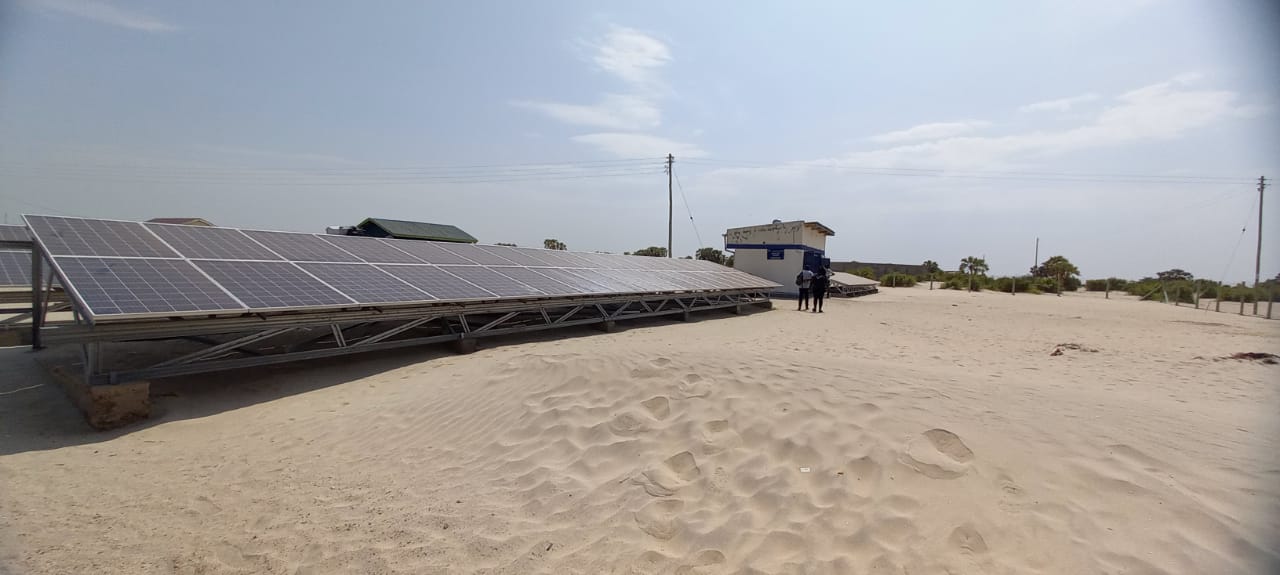
Objectives of the Project
The work was organised in seven work packages. Apart from its contribution in the other 6 work packages, NUVONI-ICFI Kenya was leading a work package focused on inclusivity analysis. Based on the data from the database and the field study, this package analysed inclusivity questions around community participation and empowerment in access, ownership, deployment and governance of mini-grids, gender issues, impact on vulnerable households and enterprises, and structural effects, among other related themes. Comparative case studies were used to highlight the main differences and similarities in four countries.
- To develop an evidence base on mini-grid performance in sub-Saharan Africa through an extensive review of local literature, available data with project partners and by undertaking primary data collection from existing mini-grid projects and related stakeholders in Nigeria, Senegal, Kenya and Tanzania, and develop a database of mini-grid projects
- To undertake in-depth case studies of mini-grid sustainability, inclusiveness and governance in the four countries of sub-Saharan Africa, considering technical design, ownership, financial condition, regulatory environment, social embeddedness and environmental impacts. The project would then draw comparisons across countries and across different dimensions to analyse the main issues for mini grids in SSA.
- To organise dissemination and communication activities for impact.
- To develop research collaboration and build research capacity through on-the-job training of research assistants and research fellows, participation in exchange programmes, research uptake events, and networking.
Methodologies
Our analytical approach sat at the intersection of human geography, development studies, engineering, and sustainability transitions. The research was necessarily interdisciplinary in order to understand complex interactions between financial, technological, political, socio-economic, and cultural factors. We were developing a political economy framework and a sustainability framework to analyse electricity access in developing countries, with a particular focus on mini-grids. Our case studies (two from West Africa, Nigeria, and Senegal, and two from East Africa, Kenya, and Tanzania) presented fascinating grounds for comparison. They were selected on the basis of their diversity of governance models and differing levels of decentralised electricity provisions within their specific national and sub-national contexts.
Partners
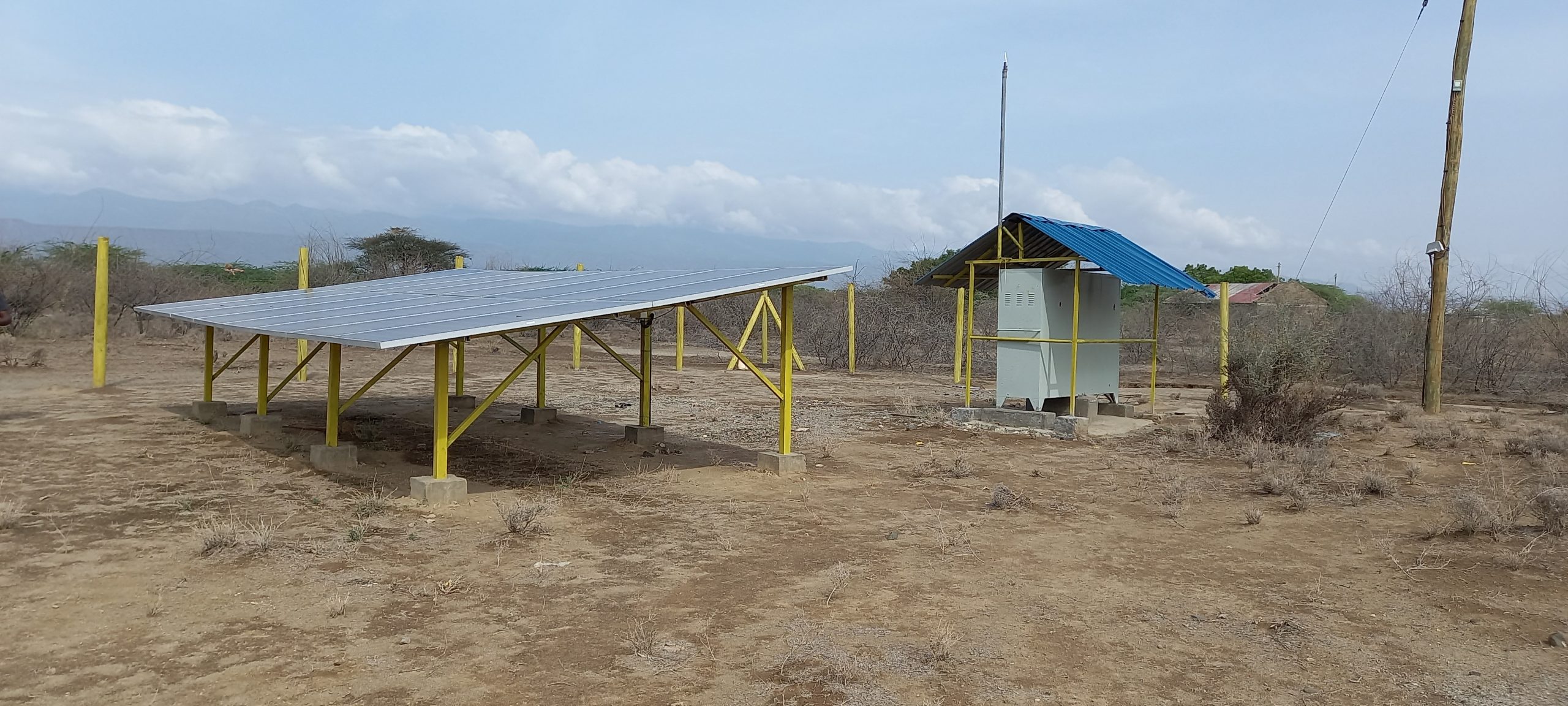
Outputs
- SIGMA webinar on 4 February 2022.
- SIGMA Webinar: Social sustainability of Mini-grids in the Global South.
- Working paper: Of Monopolies and Mini-Grids: Case Studies from Kenya, Tanzania, Nigeria and Senegal
- Blog: Community Participation in Mini-Grids Development: Key points to focus on.
- Blog: Anchoring Productive Use on Mini Grids
- Blog: Reaching the Hard-to-Reach Areas: A Case of Electrification of Remote Areas in Kenya
- Working paper: On the technical sustainability of mini-grids in developing countries: a comprehensive review of literature
- Working paper: Mini-grid performance analysis using Data Envelopment Analysis
- Working paper: Mini-grid sustainability framework and its application to selected mini-grids in Kenya
- Working paper: Are mini-grids socially inclusive?
- SIGMA final dissemination event, 16 February 2024
See More Projects
Physical Address
No. MK088, Ushindi West Avenue,
Mukuyu Rd (Mukuyu West Wing), Thome 1
Nairobi, Kenya
Organization
Subscribe for newsletter & get news, events and publications updates
Contact Us
Office Tel: (+254) 20 8009928 |
Mobile: (+254) 706 324 467
© 2026 Nuvoni Research


